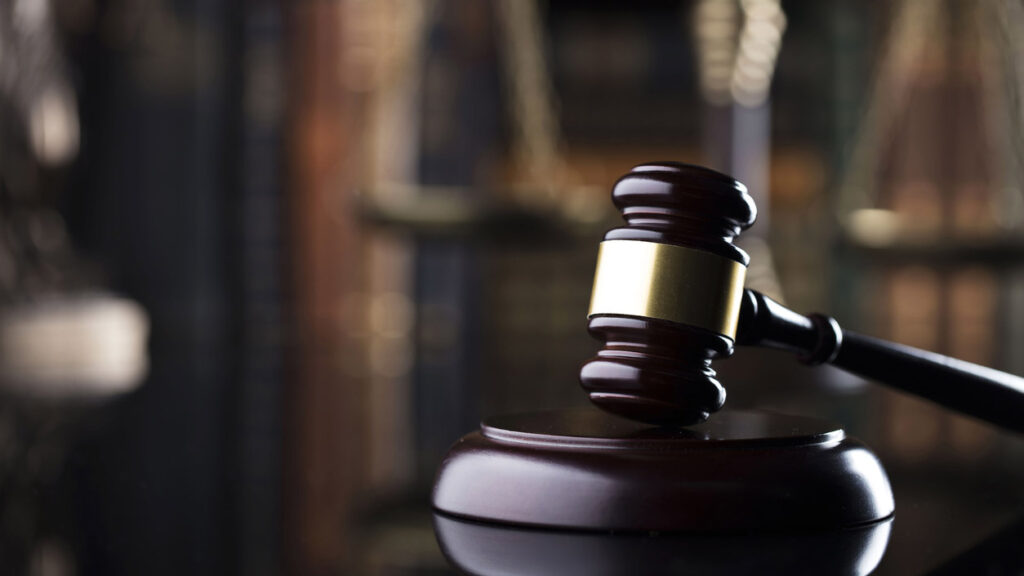
A 28-year-old man who was behind the wheel of a Tesla Model S on autopilot in 2019 when it ran a red light in Gardena and slammed into a car, killing two people, authorities said, has been sentenced to two years of probation after pleading no contest to two counts of vehicular manslaughter.
But should Kevin George Aziz Riad violate his probation, a judge could sentence him to four years in state prison, said Tatevik Tigranyan, a spokeswoman for the Los Angeles County District Attorney’s Office.
Riad entered the no contest pleas on June 22 and was immediately sentenced, according to court records. In addition to probation, he must also complete 31 days work for Caltrans or another approved group, 100 hours of community service, 90 days of house arrest and complete a hospital and morgue program, Tigranyan said.
Riad was driving west on Artesia Boulevard on Dec. 29, 2019, when the car ran a red light at Vermont Avenue and slammed into a Honda Civic while traveling 74 mph, prosecutors said during a March 2022 preliminary hearing.
Killed in the crash were Gilberto Alcazar Lopez, 40, of Rancho Dominguez and Maria Guadalupe Nieves-Lopez, 39, of Lynwood. The two were on their first date, relatives said following the hearing, when a judge ruled enough evidence existed to order Riad to stand trial on the charges.
Riad and his girlfriend, who was in the car with him, were hospitalized with minor injuries.
The case was believed to be the first felony prosecution filed in the U.S. against a driver using widely available partial autopilot technology.
Related links
Driver of Tesla on autopilot in fatal Gardena crash to face trial, judge rules
Felony charges in Gardena collision are 1st in a fatal crash involving Autopilot
2 killed in Gardena crash when speeding Tesla runs red light, police say
At the preliminary hearing, Los Angeles police Officer Alvin Lee testified that numerous traffic signs warn drivers to slow down as they approach the end of the freeway. Riad and his girlfriend were traveling from Orange County and Riad could only recall smoke and deployed airbags before being taken to a hospital.
Crash data from the Tesla showed the car’s steering wheel was kept near center, with sensors indicating Riad’s hand stayed on the steering wheel leading up to and at the point of collision, Tesla engineer Eloy Rubio Blanco testified. No brakes were applied in the six minutes before the crash.
Riad’s attorney, Arthur Barens, argued ast year for the charges to be reduced to misdemeanors as any negligence by Riad would have only been assessed a citation had the fatal crash not occurred. The judge disagreed.
On its website, Tesla states that cars making use of their autopilot should be operated by a “fully attentive driver, who has their hands on the wheel and is prepared to take over at any moment.”
But the system only works if torque sensors in the steering wheel detect that someone is at the wheel, the Tesla engineer said.
Riad, who was a limousine-service driver at the time of the crash, was charged with two counts of vehicular manslaughter in October 2021, nearly two years after the crash, and was out on bail throughout his court proceedings.
Related Articles
Narcan hits Southern California streets — and soon store shelves — to fend off the opioid crisis
When the 405 Express Lanes open up, some motorists will avoid the toll
Summer’s first heat wave arrives in time for the weekend before July 4th
Two more victims identified in Long Beach crash that killed 5 people
Man charged in suspected Tustin drunken driving crash that killed Laguna Hills woman
